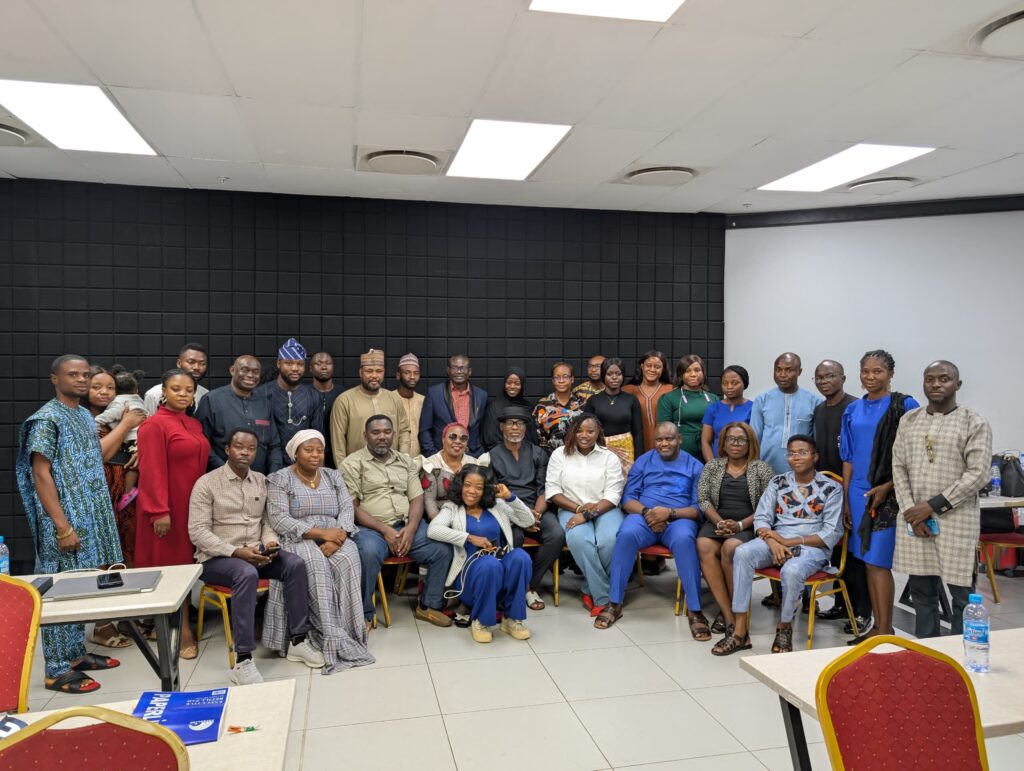The Nigerian Civil Aviation Authority (NCAA) has reaffirmed its commitment to organizing annual training workshops for journalists covering the aviation sector in a bid to promote accurate and effective reportage of the industry.
This assurance was given by the Assistant General Manager of the NCAA’s Public Relations Department, Mrs. Uju Mbamalu, at the conclusion of the second edition of the authority’s annual training programme for aviation correspondents held in Abuja. The theme of the workshop was “The Role of the Media in Initiatives and Innovation to Improve Aviation Safety and Regulation.”
Mrs. Mbamalu stated that the training reflects the agency’s dedication to enhancing media capacity and strengthening communication between the NCAA and the public.
She commended the increasing professionalism among aviation reporters, noting that the quality of reportage has significantly improved since the first edition of the training was held last year.
“We have observed positive changes in the way news from the aviation sector is being reported,” Mbamalu said. “This motivates us to continue advocating for accuracy in journalism. We commend your growing relationship with us and your efforts in understanding the NCAA’s mandate.” She noted that improved understanding of the NCAA’s jurisdiction and responsibilities by journalists has contributed to a better working relationship with the media, which in turn has fostered public trust in the industry.
The Assistant General Manager urged aviation correspondents to remain committed to accuracy and professionalism in their reporting to support safety, efficiency, compliance, and public confidence in the aviation sector. “As media professionals, your ability to report accurately on aviation issues begins with a solid grasp of the NCAA’s mandate,” she emphasized.
During her presentation, workshop facilitator Mrs. Chioma Ubibi explained the NCAA’s structure and operational framework, highlighting the critical roles played by its various directorates. She noted that the NCAA’s core responsibilities include safety oversight, economic regulation, consumer protection, and security collaboration. These functions are supported by a broad internal structure comprising specialized directorates.
She said the NCAA is empowered by the Nigeria Civil Aviation Act, 2022, and operates in alignment with the Chicago Convention of 1944 and ICAO Standards and Recommended Practices. While it functions under the Federal Ministry of Aviation, it retains functional and administrative autonomy in fulfilling its regulatory responsibilities.
Ubibi urged journalists to be mindful of their choice of headlines when reporting aviation stories, cautioning against sensationalism and misinformation that could trigger public panic. “Attention to headlines is crucial. It helps journalists avoid misinforming the public and ensures constructive engagement with the NCAA’s regulatory activities,” she said.
In his remarks, NCAA Media Consultant Mr. Tony Ukachukwu explained that the training was designed to deepen journalists’ knowledge of aviation operations and foster more accurate and responsible reportage.
He stressed that a solid understanding of NCAA’s structure and responsibilities is essential to preventing misreporting and avoiding narratives that may incite unnecessary public fear—an issue that had been prevalent in the past.














